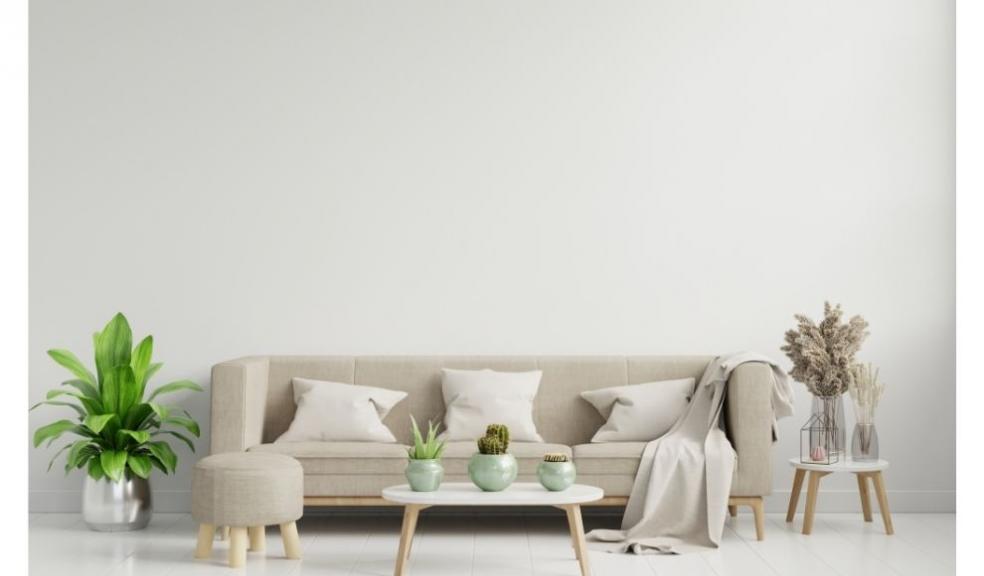
The Benefits of Indoor Plants and How to Choose the Best Ones for your Home
Indoor plants are a great way to bring a touch of nature into your home, improve the air quality and personalize your home. They can also help to reduce stress and improve mental health. With so many different types to choose from, there is sure to be a plant that is perfect for any space and gardening skill level. Proper care, including regular watering and fertilizing, will help your indoor plants thrive. Indoor plants have become increasingly popular in recent years, and for good reason. Not only do they add a touch of natural beauty to your home, but they also have numerous benefits for your health and overall well-being. Here are just a few of the benefits of indoor plants:
- Improved air quality: Indoor plants have the ability to purify the air by removing harmful toxins and pollutants. They do this through a process called phytoremediation, where they absorb the toxins through their leaves and roots and convert them into harmless substances. In fact, studies have shown that indoor plants can improve air quality by up to 75%.
- Stress reduction: Indoor plants have been shown to have a calming effect on people, which can help reduce stress and anxiety. This is especially true for plants with large, green leaves, such as ferns and spider plants.
- Increased productivity: Studies have found that people who work in environments with plants tend to be more productive and less likely to take sick days. It’s believed that the presence of plants helps to improve concentration and reduce distractions.
- Improved mental health: In addition to reducing stress, indoor plants have also been shown to improve mental health. They can provide a sense of accomplishment and contribute to a positive mood. Some studies have even shown that plants can help to alleviate symptoms of depression and anxiety.
How to Choose the Best Indoor Plants for Your Home
With so many different types of indoor plants available, it can be overwhelming to try to choose the best ones for your home. Here are a few things to consider when selecting plants:
- Light: One of the most important factors to consider when choosing indoor plants is the amount of light they need. Some plants, such as succulents and cacti, are able to thrive in low light conditions, while others, like ferns and orchids, need bright, indirect light. Be sure to choose plants that are suitable for the light conditions in your home.
- Water: Different plants have different watering needs, so it’s important to choose plants suitable for your watering habits. Some plants, like succulents and cacti, can go for long periods of time without water, while others, like ferns and orchids, need to be watered more frequently.
- Size: Consider the size of the plants you choose and whether they will fit in the space you have available. Some plants, like fig trees and ficus plants, can grow quite large, while others, like bromeliads and air plants, are more compact.
- Maintenance: Some plants require more maintenance than others, so consider your own level of gardening experience when selecting plants. If you’re new to gardening or don’t have much time to devote to plant care, choose low-maintenance plants, such as snake or spider plants.
Tips for Caring for Your Indoor Plants
Once you’ve chosen your plants, it’s important to properly care for them to ensure they thrive. Here are a few tips for keeping your indoor plants healthy:
- Water regularly: Be sure to water your plants on a regular basis, but don’t let them sit in standing water, as this can lead to root rot. Instead, water the plants until the soil is moist, and then allow the soil to dry out slightly before watering again.
- Fertilize: Most indoor plants will benefit from being fertilized, but be sure to follow the specific fertilizing recommendations for each plant. Over-fertilizing can lead to problems such as excess foliage and reduced flower production.
- Protect from drafts: Indoor plants are sensitive to temperature fluctuations, so be sure to protect them from drafts and extreme temperatures. Keep them away from windows and doors, and avoid placing them in front of heating or air conditioning vents.
- Repot when needed: As plants grow, they may need to be repotted into a larger pot to allow for proper root growth. Be sure to choose a pot that is slightly larger than the current one, and use well-draining potting soil.
- Pest control: Indoor plants can sometimes be prone to pests, such as aphids and spider mites. If you notice any pests on your plants, try using a natural pest control method, such as neem oil or horticultural soap. If the problem persists, you may need to seek the advice of a gardening professional.
- Rotate your plants: To ensure that your plants receive an even amount of light, be sure to rotate them on a regular basis. This will prevent them from becoming lopsided or leaning towards the light source.
In conclusion, indoor plants can bring a multitude of benefits to your home, including improved air quality, stress reduction, and increased productivity. When choosing plants, be sure to consider the light, water, size, and maintenance needs of each plant. Proper care, including regular watering, fertilizing, pruning, and protection from drafts, will help your plants thrive. So, it is always better to have indoor plants at home.
Thanks!!









